
Jun 20, 2024
Effectively integrating refugees and migrants in labour markets boosts productivity, increases the availability of skilled workers, and drives economic growth.

Mar 5, 2024
The East African country of Burundi currently hosts 300,000 forcibly displaced and stateless people. This includes 85,000 refugees and asylum-seekers, 25,000 internally displaced persons, 800 people at risk of statelessness. At the same time, UNHCR repatriated over 185,000 Burundian refugee returnees since September 2017. The UN Refugee Agency’s involvement in the country focuses particularly on providing assistance and protection for these populations as well as promoting their inclusion in national systems, enhancing their self-sufficiency, and supporting durable solutions, such as integration or resettlement.
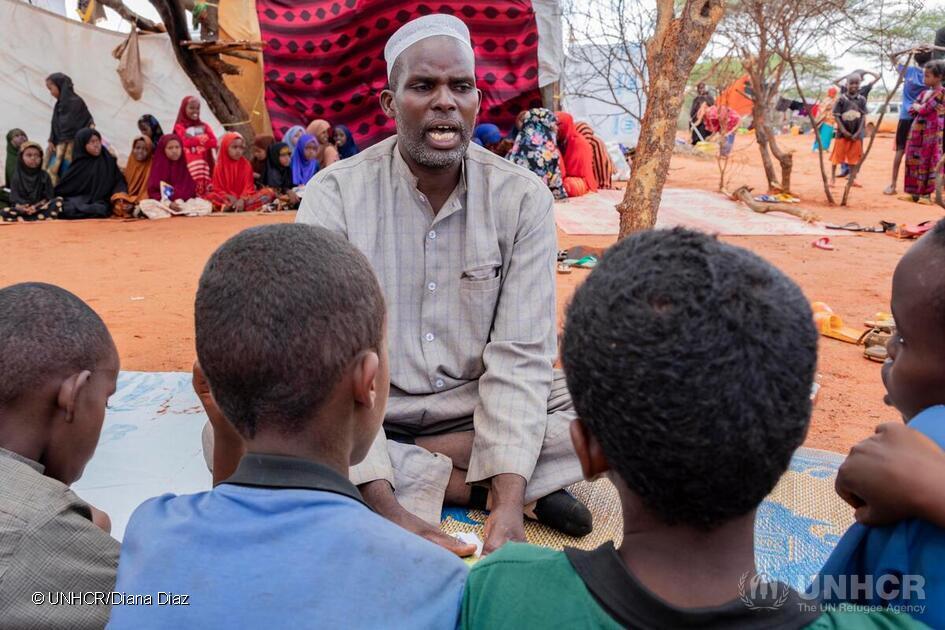
Jun 26, 2023
With the average length of displacement ranging from 10 to over 20 years, there is an urgent need to protect and serve refugee children by including them in national education systems.
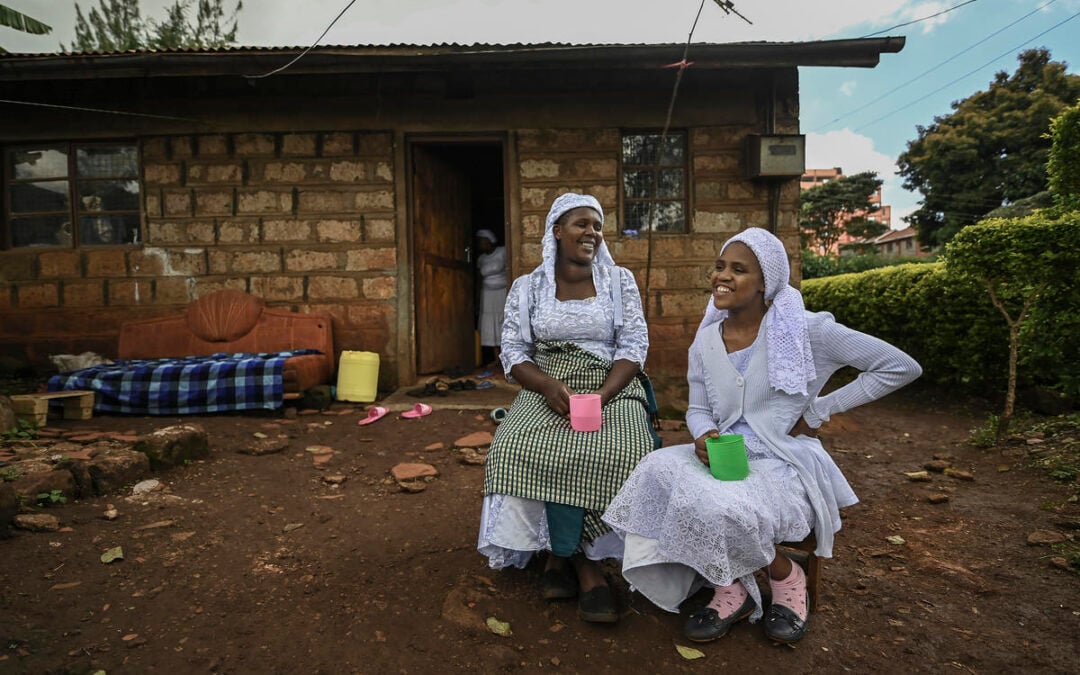
Mar 2, 2023
At the heart of the JDC’s efforts, we are supporting policy change informed by research using high-quality data gathered according to recognized standards and definitions.

Feb 16, 2023
The pathway towards the inclusion of refugees, IDPs, and stateless persons in national systems starts with mainstreaming them into national statistics exercises. But more is needed. Experience shows these populations need champions to ensure their inclusion in national development plans.
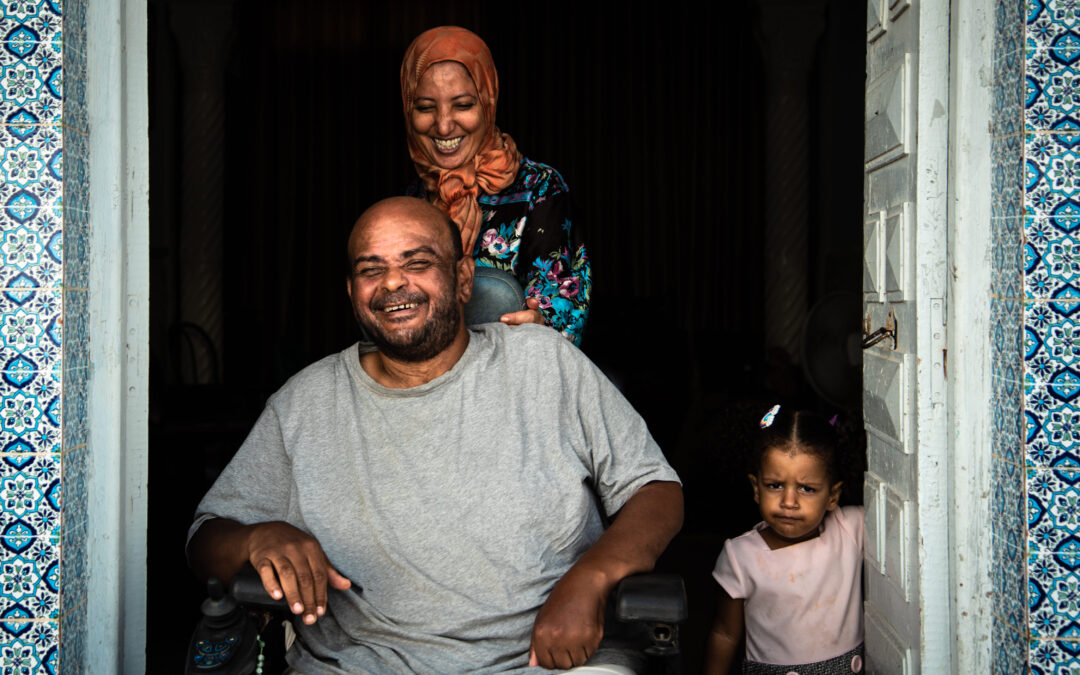
Dec 7, 2022
To include refugees sustainably and effectively, there must be a well-supported health system capable of meeting the needs of refugees and host communities.
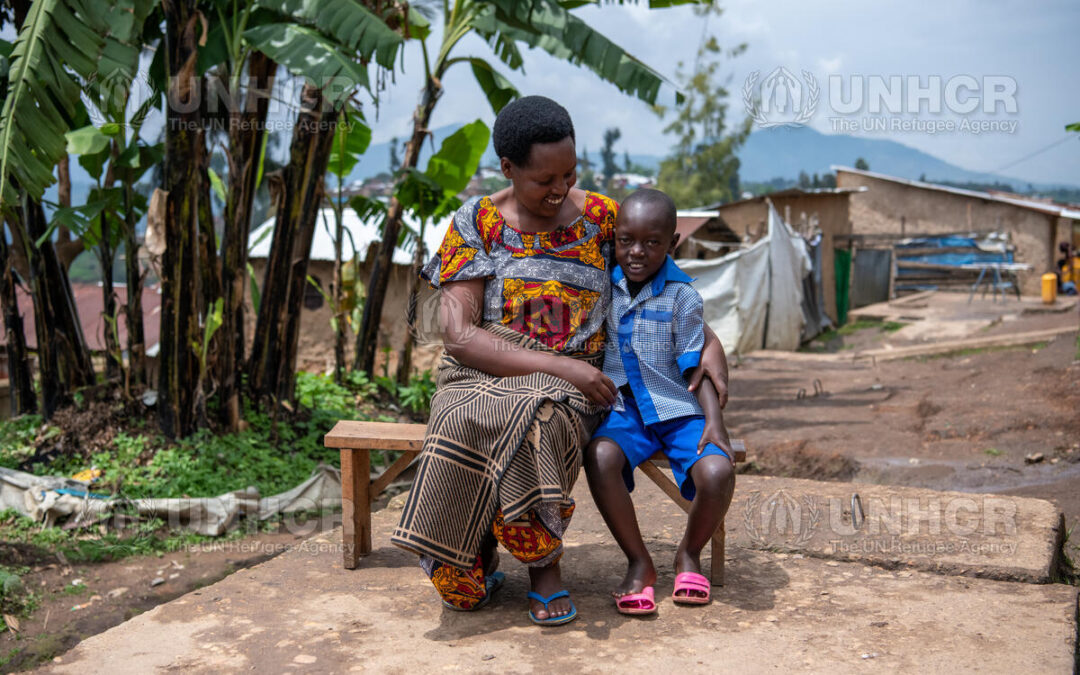
Nov 9, 2022
Reliable data is essential when planning appropriate solutions for refugees and surrounding communities. Data gaps are potential obstacles when advocating for the involvement of development partners to invest in effective programmes.

Oct 31, 2022
On World Cities Day, UNHCR celebrates the mayors and local authorities who show solidarity with their refugee, internally displaced and stateless residents.
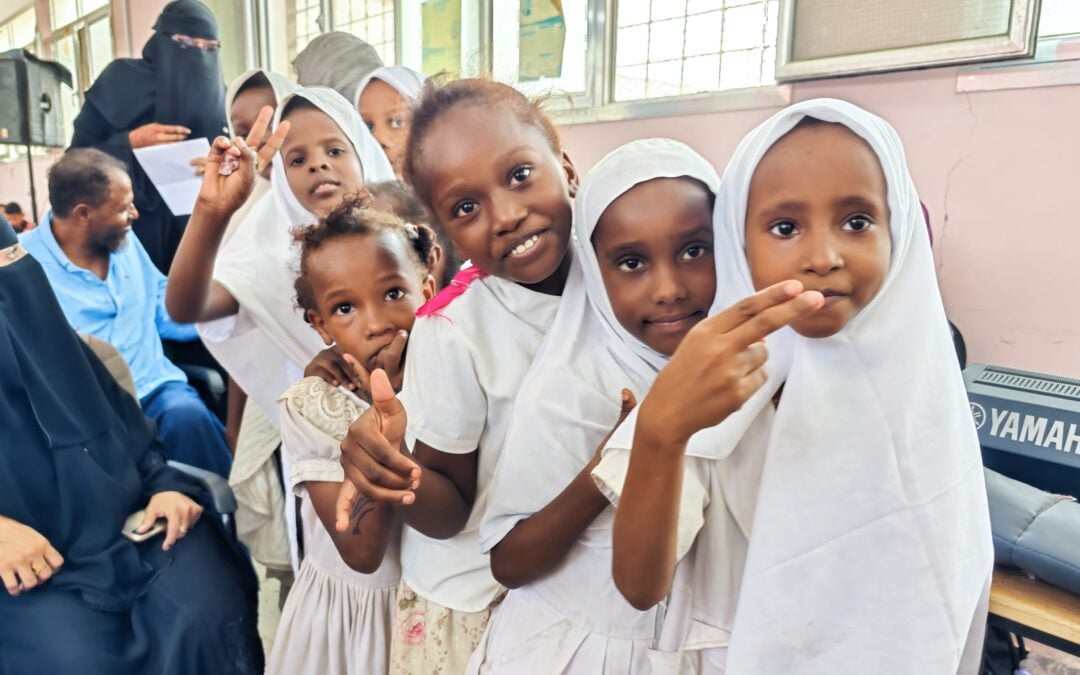
Oct 27, 2022
While in the past emphasis lay on camps serviced by humanitarian actors, we now know that inclusion of refugees, IDPs, and stateless people in the hosting context is not only a good option, but a necessity to achieve better protection outcomes and to lay the ground for solutions.










